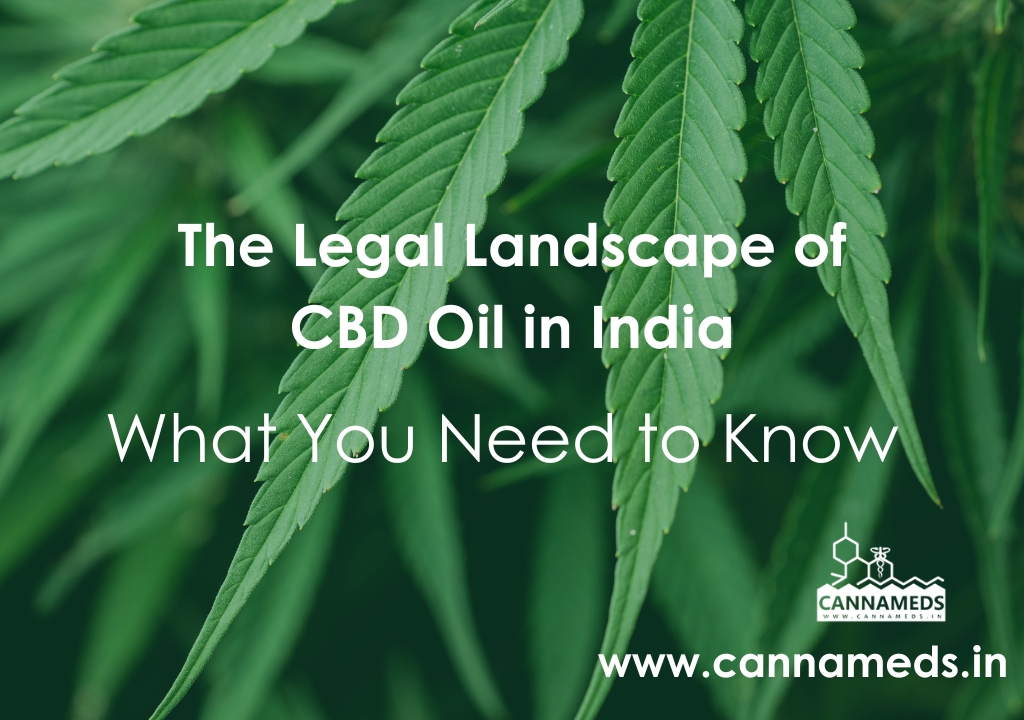Introduction: CannaMeds – Integrative Cannabis Medicine
As interest in CBD oil grows in India, individuals are increasingly considering it as an alternative to traditional medications. CBD oil, derived from the hemp plant, is believed to offer therapeutic benefits without the potential side effects associated with certain pharmaceutical drugs. In this article, we will conduct a comparative analysis of CBD oil and traditional medications in an Indian context, exploring their effectiveness, safety profiles, and considerations for use. CannaMeds, a provider of integrative cannabis medicine in India, offers a range of CBD oil products for individuals seeking alternative solutions.
Effectiveness:
Pain Management:
- CBD oil has shown promise in managing various types of pain, including chronic pain associated with conditions like arthritis, fibromyalgia, and neuropathic pain. Traditional medications such as nonsteroidal anti-inflammatory drugs (NSAIDs) and opioids are commonly prescribed for pain relief but come with potential side effects and risks of dependency. CBD oil offers a potentially safer alternative with fewer adverse effects.
Anxiety and Depression:
- Both CBD oil and traditional medications like selective serotonin reuptake inhibitors (SSRIs) are used to treat anxiety and depression. CBD oil interacts with the endocannabinoid system, potentially reducing anxiety symptoms and promoting a sense of calm. However, it is essential to note that the effectiveness of CBD oil may vary among individuals, and some individuals may still require traditional medications for optimal management.
Epilepsy:
- CBD oil has gained recognition for its potential in reducing seizures in certain forms of epilepsy, such as Dravet syndrome and Lennox-Gastaut syndrome. Traditional antiepileptic drugs (AEDs) are commonly prescribed, but they may come with significant side effects and limitations. CBD oil offers an alternative option, but its usage should be done under the guidance of a healthcare professional.
Safety Profiles:
Side Effects:
- CBD oil is generally considered safe, with mild side effects such as fatigue, dry mouth, and changes in appetite reported in some cases. Traditional medications, on the other hand, can have a range of potential side effects depending on the specific drug. These side effects may vary from mild to severe and may require careful monitoring and management.
Drug Interactions:
- CBD oil can interact with certain medications, including those metabolized by liver enzymes. It is important to consult with a healthcare professional to ensure there are no potential interactions between CBD oil and existing medications. Traditional medications may also have interactions with other drugs, emphasizing the importance of discussing all medications with healthcare providers.
Considerations for Use:
Regulatory Status:
- CBD oil derived from hemp with less than 0.3% THC is legal in India, while cannabis-derived CBD oil is classified as a controlled substance. Understanding the legal framework surrounding CBD oil usage is crucial to ensure compliance and avoid legal complications.
Personalized Approach:
- The choice between CBD oil and traditional medications should be personalized, taking into account factors such as the individual’s medical condition, overall health, and preferences. It is advisable to consult with healthcare professionals who can assess the specific needs and provide guidance on the most suitable treatment options.
Monitoring and Adjustments:
- Regular monitoring is necessary when using either CBD oil or traditional medications. Healthcare professionals can evaluate the effectiveness of the treatment and make adjustments as needed to ensure optimal outcomes and minimize potential risks.
Conclusion:
CBD oil and traditional medications have their own benefits and considerations in an Indian context. CBD oil offers a potential alternative with fewer side effects for conditions like pain management, anxiety, and epilepsy. However, it is crucial to approach CBD oil usage under the guidance

